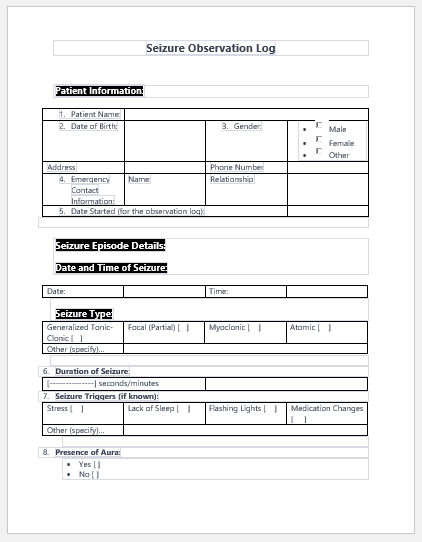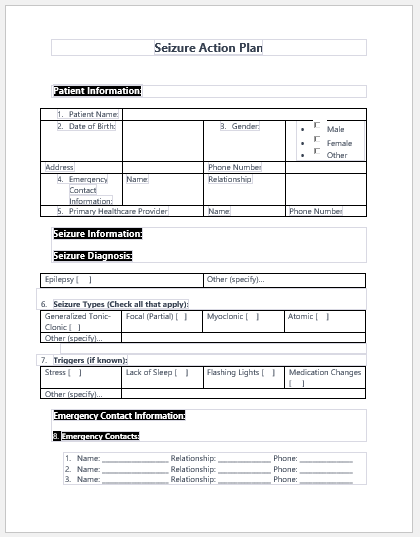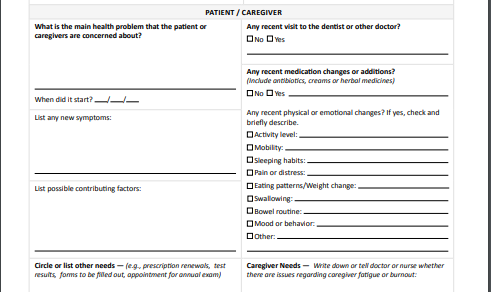What are seizures?
A seizure is an uncontrolled, excessive, and haphazard neuronal activity of the brain. Seizures are commonly known as convulsions and are almost always associated with epilepsy. Seizure is, however, a vast term with many forms, manifestations, and, of course, diverse consequences and complications.
Classification and clinical features of seizures
As mentioned earlier, seizures are of many types, and their classification is mostly based on their clinical features. The underlying pathology of each kind of seizure may differ because of its origin or etiology.
Absence seizures
Absence seizures were previously known as petit mal seizures. It is a type of seizure in which the patient and his attendants are unable to differentiate if the person is just lost in thoughts or has undergone a seizure state.
Tonic-clonic seizures
They are mostly considered the most common and actual form of seizures, in which contractions and then an extension of the limbs occur along with other symptoms.
Myoclonic seizures
They are also generalized seizures involving abrupt movements and jerks of the muscles or groups. They are also common and usually do not involve loss of consciousness like tonic or clonic seizures.
Focal seizures
They are also called partial seizures. In focal seizures, only a certain part of the brain is involved, which results in seizures of that specific area. Awareness of the affected individual may or may not be sustained. Focal seizures are followed by any aura, or sensory aura, and the patient may also show loss of orientation.
Causes of seizures
There are multiple causes of seizures, and their management starts with discovering the exact etiology of seizures. Without having proper knowledge of what could have caused them, a doctor cannot treat seizures. If they are not treated properly and in time, they can lead to permanent brain damage, leading to a poor quality of life or death.
Some of the most common causes of seizures are:
Congenital causes
- Birth trauma is one of the most common causes of seizures and ultimately the death of the newborn, especially in underdeveloped countries where laboring women are unable to access proper birth attendants and untrained ladies complicate normal childbirth.
- Infections to the central nervous system may also cause seizures
- Febrile seizures are the most common type of seizure in children
- Some metabolic disorders also result in seizures, like low blood glucose or dehydration. Besides, low sodium and calcium and high blood urea lead to seizures as well.
Seizure Record
For parents of known epileptic or even first-time seizures, it is important to keep a record of the nature of the seizure. This helps a lot in diagnosing and managing the seizures well in time. Parents of known epileptic children are counseled about keeping a complete record of seizures and bringing it on every hospital visit.
The date, time, and duration of onset are significant to note down. Along with this, the muscle group or area involved is also mentioned, and parents also have to record any associated loss of consciousness or injury, if any.

Related Forms
- Nursing Documentation Templates
- Mental Health Evaluation Forms
- Forms Used by Pediatricians
- Various Forms Related to Pregnancy Verification
- Common Forms Used by ENT Specialists
- Pain Diary Worksheet Template
- Forms Commonly Used by Old Age Homes
- Medical Treatment Consent Form
- Home Exercise Program Worksheet
- Forms Used for Mental Health Assessment
- Forms Used by Psychologists
- Medical Forms Commonly Used by/for Students
- Assessment Consent Form
- Forms Used by an Anesthesiologist
- Not Fit to Fly Certificate Template
- Home Visit Consent Form for Schools
- Important Forms Commonly Used by Pharmacies
- Important Forms Commonly Used by Dentists
- Forms used in Disease Testing or Diagnostic Laboratories
- Prescription Pad Templates
- Medical Certificate for School Leave
















